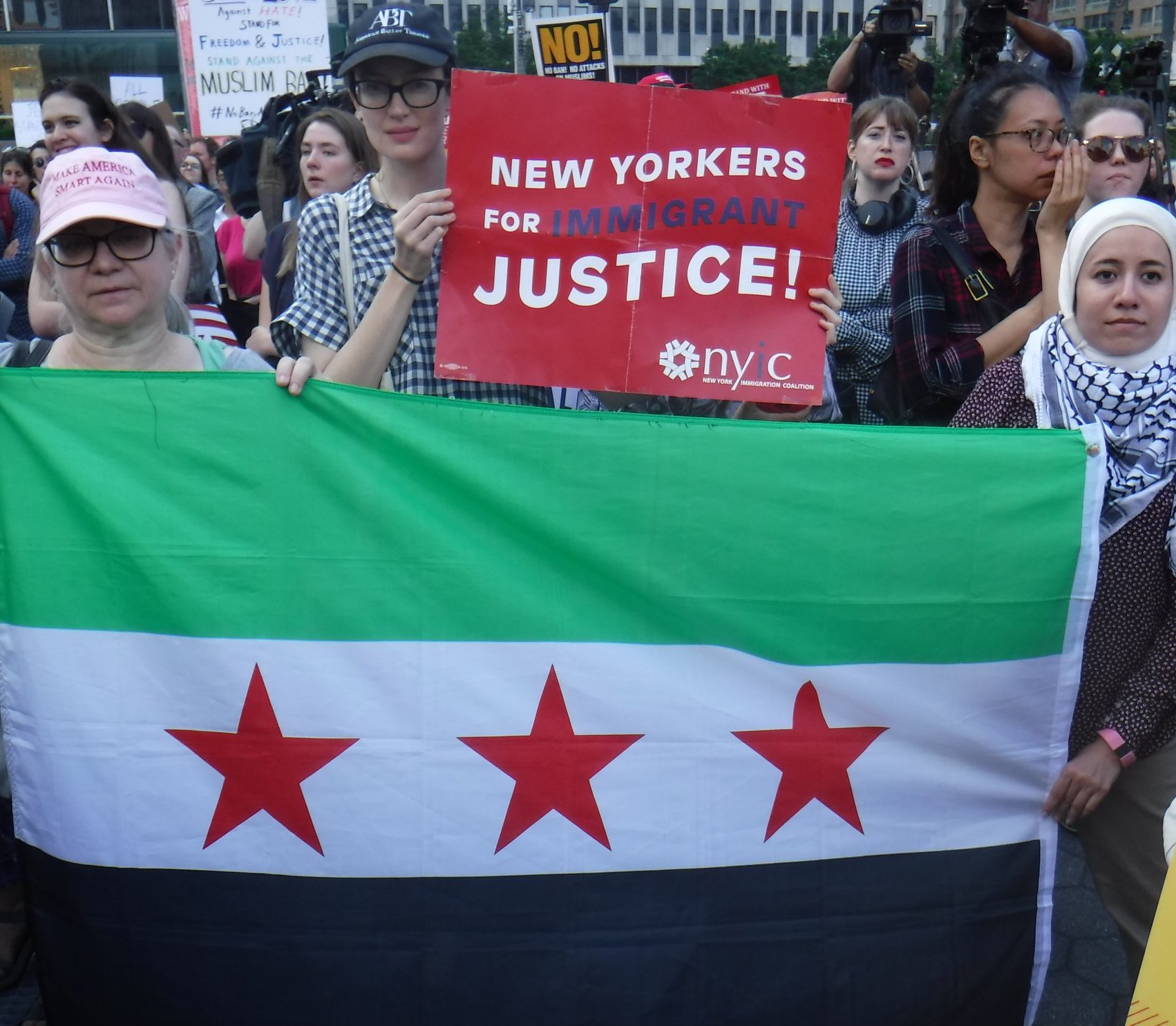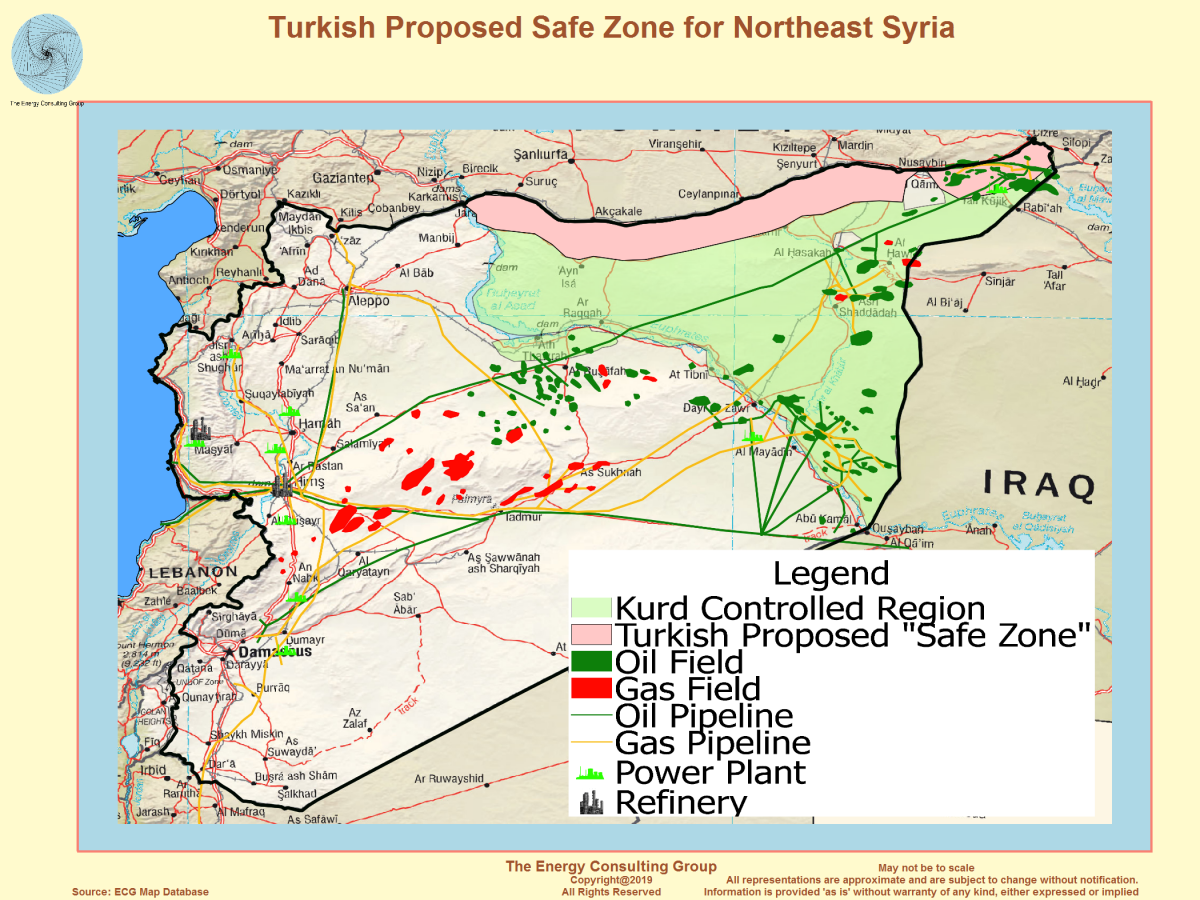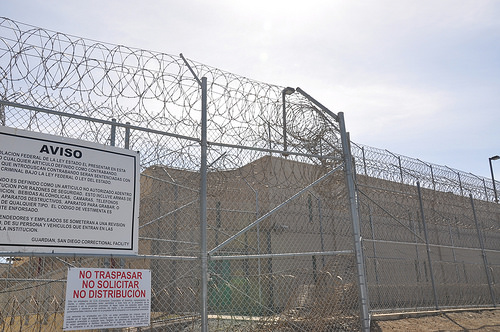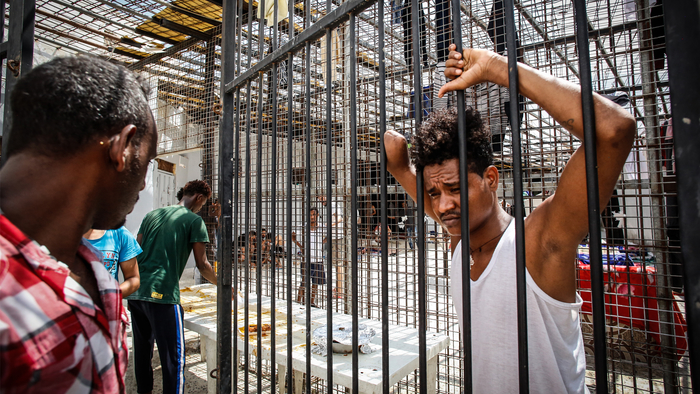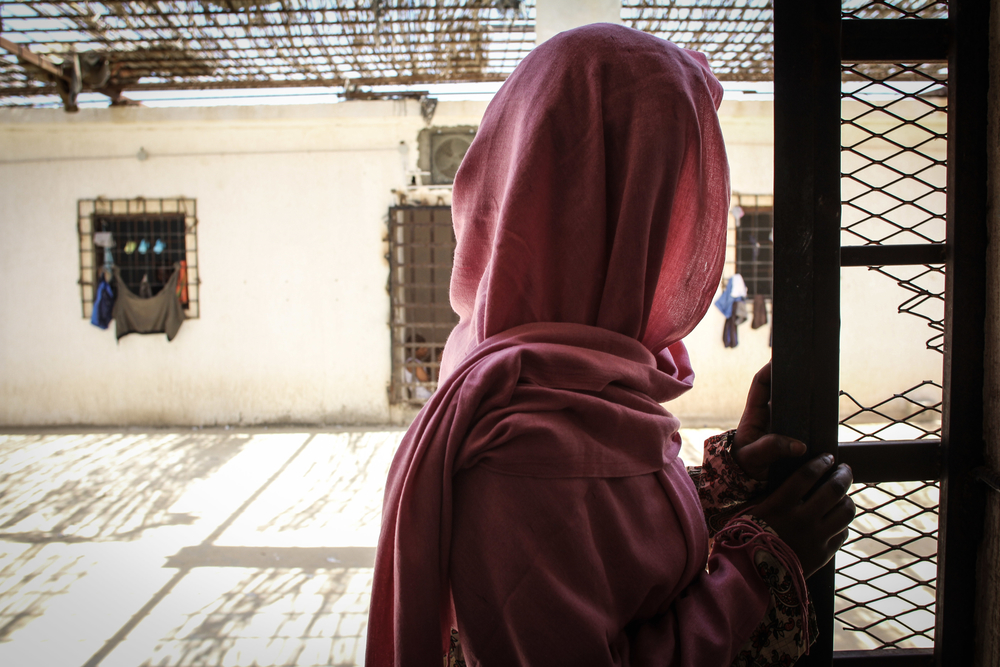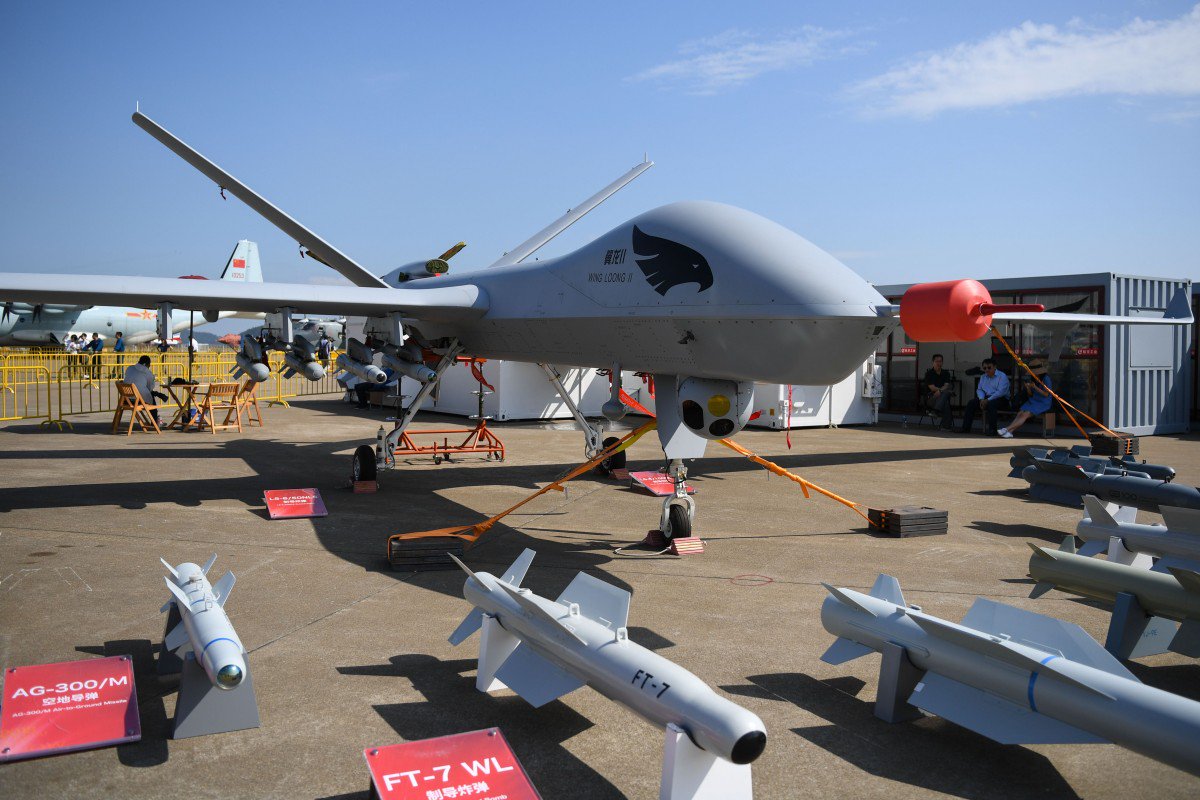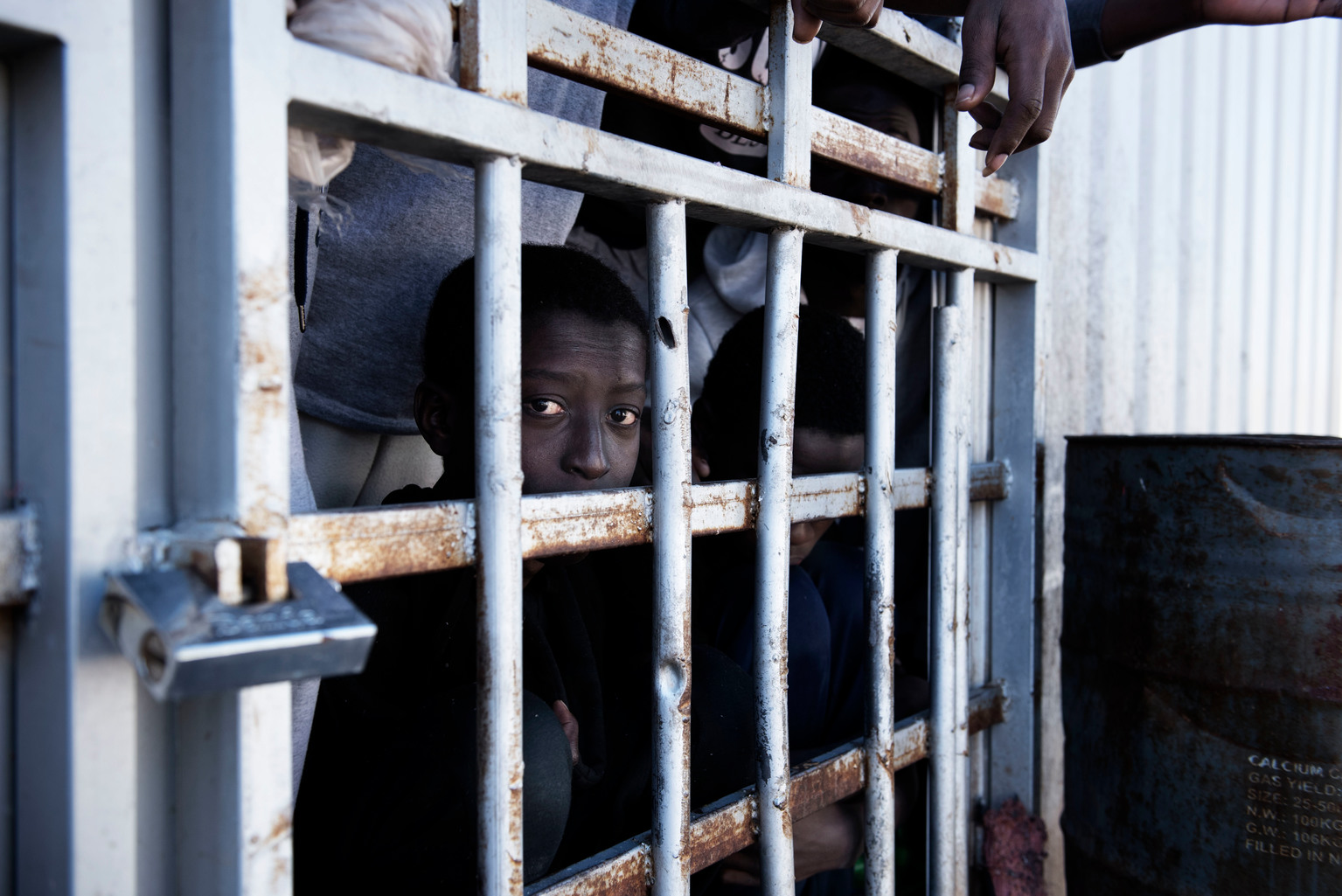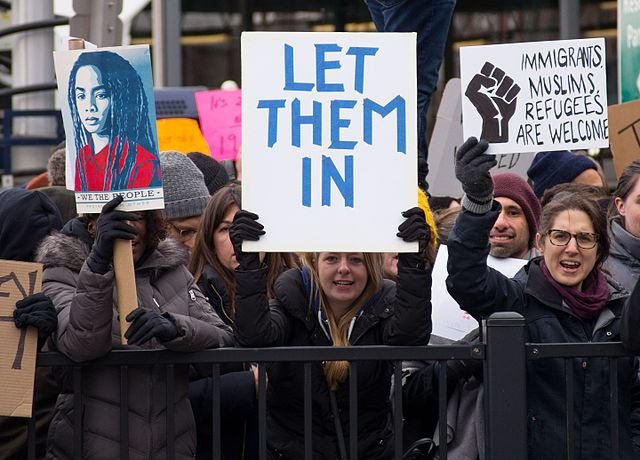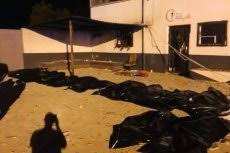UN calls for accountability in Libya air-strikes
A report published by the UN Support Mission in Libya (UNSMIL) and the UN Human Rights Office reveals that at least 53 migrants and refugees were killed in the July 2019 air-strikes on the Tajoua detention center outside Tripoli. Those killed were determined to be citizens of Algeria, Chad, Bangladesh, Morocco, Niger and Tunisia. The strikes were found to have been conducted by aircraft belonging to a “foreign state” that might have been under the command of the Libyan National Army (LNA) or operated under the command of that foreign state in support of the LNA. The report found that in addition to the internal conflict in Libya, a “parallel situation of international armed conflict” may also exist between outside states supporting the LNA and rival Government of National Accord (GNA). (Map: CIA)



